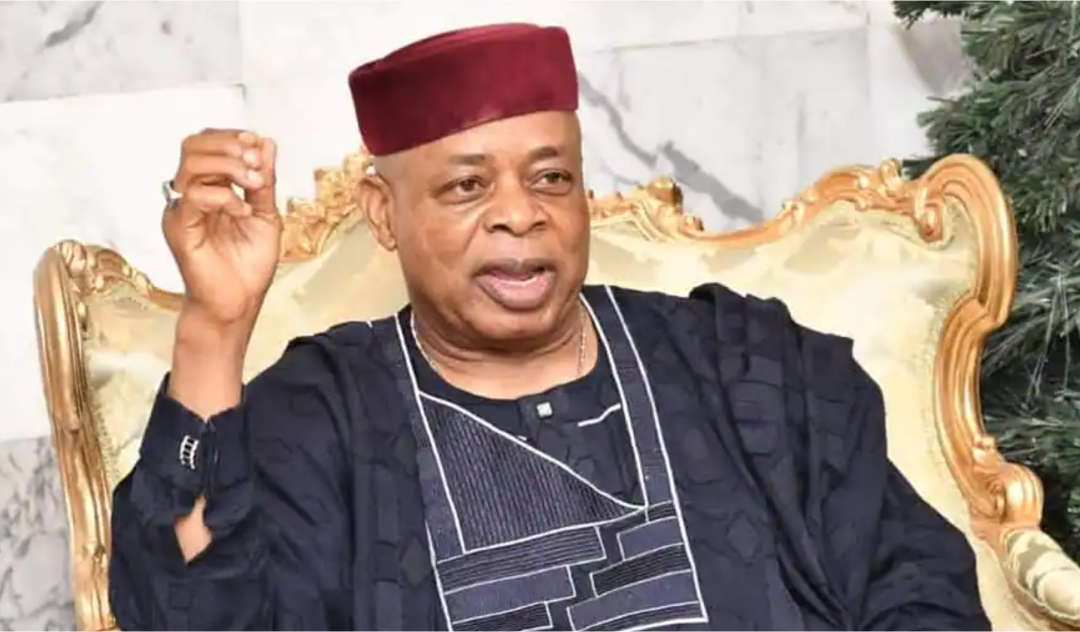Bauchi State, located in the northeastern region of Nigeria, continues to prioritize strategic financial planning to foster sustainable development. Over the years, the state has taken notable steps toward transparency and accountability in governance, especially in how funds are allocated across critical sectors. The 2024 fiscal year offers a comprehensive picture of Bauchi’s commitment to equitable distribution of resources, with the recently signed ₦300.2 billion budget playing a central role in the state’s developmental roadmap.
This blog post takes a deep dive into everything about state allocation for Bauchi—its revenue streams, how funds are distributed across sectors, what each Local Government Area (LGA) receives, and the ongoing challenges and prospects for future improvements.
An Overview of Bauchi State’s 2024 Budget
On December 28, 2023, Bauchi State Governor Bala Mohammed signed the 2024 appropriation bill into law, approving a total budget size of ₦300.2 billion. This budget is designed to balance both recurrent and capital expenditures to ensure that the needs of the populace are met while investing in long-term infrastructure and social programs.
The budget aims to fund both ongoing and new projects and also maintain the smooth functioning of government institutions. In line with international standards, the allocation seeks to reflect the actual needs of the state’s diverse population while enhancing economic growth, public service delivery, and social welfare.
Sources of Revenue: Where the Money Comes From
To effectively fund the ₦300.2 billion budget, Bauchi State has structured its revenue generation strategy to include multiple sources. These include:
1. Federation Account Allocation Committee (FAAC)
One of the primary revenue streams for Bauchi State is the monthly FAAC disbursements. These allocations come from the federal government and consist of oil revenue, taxes, and other federal earnings distributed among Nigeria’s three tiers of government. Bauchi, like other states, depends significantly on FAAC funds for capital projects and recurrent expenses.
2. Internally Generated Revenue (IGR)
The state government is aggressively working to improve its IGR by reforming the tax administration system, closing revenue leakages, and identifying new streams like land use charges, business permits, and property taxes. Though FAAC is still the dominant revenue source, boosting IGR remains a key objective for long-term sustainability.
3. Value Added Tax (VAT)
A portion of VAT collected nationwide is distributed to states based on population, economic activity, and derivation principles. Bauchi benefits significantly from this source, using it to support public services and recurrent costs.
Sectoral Allocations: How the Funds Are Spent
Bauchi’s budget reflects a development-driven philosophy, with significant funds allocated to sectors that can drive growth and improve citizens’ quality of life. The major sectors include:
1. Economic Sector
The economic sector gets a substantial portion of the budget, covering infrastructure development, agriculture, water resources, commerce, and industry. This investment is aimed at job creation, industrial expansion, and poverty reduction. For a largely agrarian state like Bauchi, such focus helps boost agricultural productivity and rural livelihoods.
2. Social Services Sector
One of the top priorities of the 2024 budget is the social sector, which includes education, healthcare, and social welfare. Notably, 15.02% of the total budget is allocated to the health sector alone. This allocation is in line with international standards such as the Abuja Declaration, which encourages countries to dedicate at least 15% of their annual budgets to health.
Investments in healthcare include construction and renovation of hospitals, procurement of essential medicines, and recruitment of healthcare workers. Similarly, the education sub-sector focuses on improving infrastructure, training teachers, and providing learning materials.
3. Administrative Sector
This sector includes funding for government operations, public service salaries, pensions, and administrative buildings. Although not a direct driver of economic growth, it is essential for governance, coordination, and smooth implementation of policies.
4. Law and Justice Sector
The justice sector received a fair allocation aimed at strengthening the rule of law, enhancing judicial infrastructure, and ensuring that security systems are well-funded. Investments in this sector contribute to a safer environment conducive to investment and social stability.
Local Government Allocations: Grassroots Development in Focus
Bauchi State has 20 Local Government Areas (LGAs), which play a critical role in local governance and grassroots development. In September 2024 alone, LGAs in Bauchi received a combined total of ₦7.88 billion from FAAC. These funds are used for:
-
Primary education
-
Local healthcare services
-
Rural road maintenance
-
Sanitation
-
Local administrative expenses
However, reports suggest that in many instances, these funds remain under state control, leading to concerns about transparency and autonomy at the local government level. Stakeholders have continually called for full fiscal decentralization to enable LGAs to plan and execute community-specific projects more effectively.
Transparency and Accountability: A Government Priority
One of the most commendable actions by the Bauchi State government is its consistent publication of budget documents, quarterly reports, and implementation scorecards. These documents are publicly available on the official Bauchi State government website and allow citizens, researchers, and civil society organizations to track how funds are being used.
This move toward open governance helps in:
-
Building public trust
-
Monitoring project execution
-
Encouraging civic participation
-
Detecting and preventing corruption
The publication of the 2024 Citizens Budget, for example, is a step in the right direction for inclusive governance, as it simplifies complex financial data into understandable information for the average resident.
Challenges Facing State Allocations in Bauchi
Despite the strategic planning and improved transparency, Bauchi State still faces several challenges in the area of budget allocation and implementation:
1. Expenditure Management
While funds are being allocated to critical sectors, effective utilization remains a concern. There have been instances of project delays, abandoned sites, and underutilized funds due to bureaucratic inefficiencies or lack of technical capacity.
2. Low IGR
Although efforts to grow IGR are underway, Bauchi’s internally generated revenue is still low compared to its budget size. This over-reliance on federal allocations makes the state vulnerable to economic shocks such as declining oil prices or federal policy changes.
3. Local Government Autonomy
The control of local government allocations by the state has stirred debate. Many believe that allowing LGAs to receive and manage their funds directly will enhance grassroots development and accountability.
4. Monitoring and Evaluation
There is a need to strengthen monitoring and evaluation frameworks. Independent audits, community feedback mechanisms, and performance-based budgeting are tools that can ensure money is spent where it matters most.
Conclusion
Bauchi State's 2024 fiscal allocation tells a compelling story of ambition, planning, and commitment to development. With ₦300.2 billion mapped out for infrastructural growth, social services, and economic empowerment, the government has laid a strong foundation for a prosperous future. However, true success will depend on transparent implementation, improved revenue generation, and a stronger monitoring system to ensure that every naira spent delivers tangible benefits to the people.
As Bauchi looks toward the future, continuous public engagement, better fiscal management, and stronger institutions will be key to unlocking the full potential of the state’s resources and improving the lives of its citizens.











